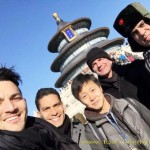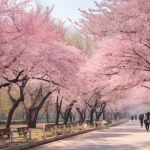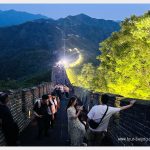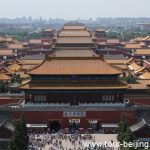Duanwu Festival, June 16, 2010
This year’s Duanwu Festival falls on June 16, 2010. Duanwu Festival is traditionally celebrated on the fifth day of the fifth month on the Chinese lunar calendar. Duanwu Festival is also known as Dragon Boat Festival. Duanwu Festival is celebrated in memory of the famous Chinese scholar Qu Yuan. He was a loyal minister serving…





